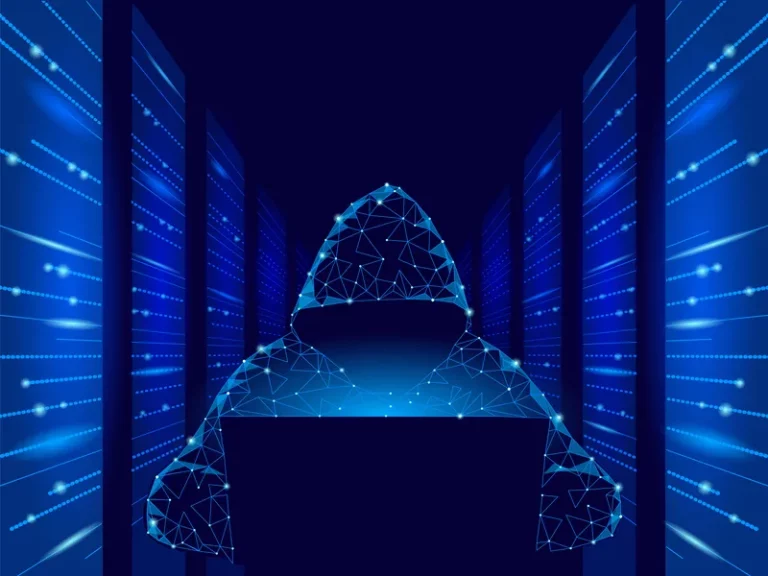When war once meant only boots on the ground and planes in the sky, today’s conflicts reveal a different battlefield: cyberspace. Modern warfare no longer takes place solely with weapons and soldiers; it now extends into networks, critical infrastructure, and the invisible highways of data that power economies and societies. Cybersecurity has become inseparable from national defense, where information can be as powerful as firepower, and vulnerabilities can determine the fate of entire nations.
The Rising Role of Cyber Attacks in Conflict
In every recent conflict, cyberattacks have preceded or accompanied military strikes. State-backed actors now use malware, ransomware, and advanced persistent threats to cripple power grids, financial systems, and communication channels. Unlike conventional weapons, cyberattacks cross borders instantly, making them one of the most unpredictable elements of modern warfare. The ripple effects can reach far beyond the battlefield, destabilizing economies and spreading fear among civilians.
Targeting Critical Infrastructure
One of the starkest realities of cyber warfare is the targeting of critical infrastructure. Power plants, water supplies, hospitals, and transportation systems are prime targets for attackers seeking to disrupt daily life. A successful attack on these systems can cause devastation without a single shot being fired. Securing these assets requires not only advanced defense technology but also international cooperation and intelligence sharing to detect threats before they strike.
The Weaponization of Information
Beyond disabling systems, cyber warfare often involves disinformation campaigns designed to manipulate public opinion. False narratives, doctored media, and large-scale social engineering efforts can fracture societies from within. In war, information itself becomes a weapon, capable of influencing decisions, undermining trust, and eroding unity. Cybersecurity strategies must therefore protect not just systems, but the integrity of truth itself.
Why Enterprises Should Care
Though discussions of cyber warfare often focus on governments, enterprises are not immune. Supply chains, communication networks, and even small service providers may become collateral damage in a cyber conflict. Organizations must strengthen their resilience, ensuring continuity even in times of geopolitical instability. This means advanced monitoring, robust incident response, and collaboration with trusted security partners.
Navigating a New Battlefield
The lessons are clear: as wars evolve, cybersecurity is no longer optional, it is the frontline of defense. Nations, enterprises, and individuals all share responsibility in ensuring digital resilience. Protecting data, infrastructure, and truth itself is central to survival in a world where battles are increasingly fought in the unseen domain of cyberspace.
At Terrabyte, we believe in empowering organizations to stay secure even in uncertain times. By fostering resilience and preparing enterprises against emerging cyber threats, we aim to help our partners navigate the challenges of this new battlefield with confidence.




